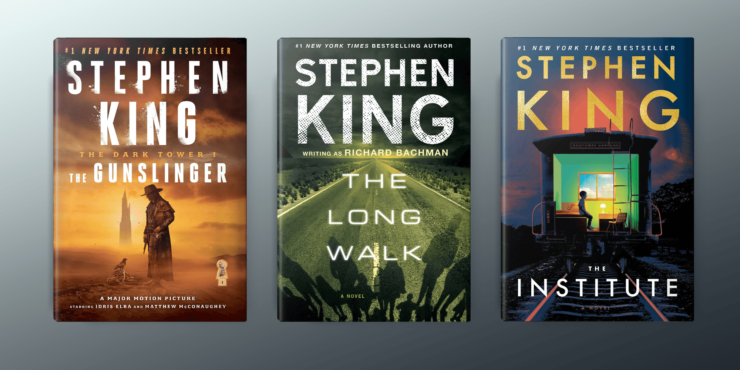It, Misery, The Shining, Pet Semetary—on the backs of novels like these, Stephen King hoisted himself on the pop culture landscape in a way few—if any—other horror authors have managed. The so-called “Master of Horror” is a household well known for bringing the scares and his penchant for doorstop sized tomes.
While horror has largely comprised the meat of King’s expansive bibliography, it’s easy to forget or overlook how often he’s veered from that particular darkly lit path. The latter years of his career have seen King venturing outside his supposed comfort zone with some mysteries, a bit of crime fiction, and even a slice-of-life novella. But this is hardly an aberration. If you take a close look at King’s works—particularly his short story collections, a place where he’s often his most experimental—he’s actually spent a good portion of his career stepping outside the boundaries of modern horror. Interestingly, his most typical landing spot has been sci-fi and fantasy.
These science-fiction and fantasy titles are undeniably Stephen King, and they also show a side of the author that is all too often disregarded or mischaracterized simply because King’s name is on the dust jacket. If horror is not your particular cup of tea yet you still find yourself wondering what all the fuss is about, this is actually a good area to dig in—all the King and very few, if any, of the scares.
The Dark Tower Cycle
Given that he is best known for his horror, it’s all the more interesting that the true centerpiece of Stephen King’s narrative universe—the spine from which nearly all of his stories hang—is a seven volume western-tinged fantasy owing as much to Arthurian legend and Tolkien as it does to Lovecraft and Matheson. Widely considered his magnum opus, The Dark Tower is the key work in Stephen King’s sci-fi/fantasy canon. Beginning with The Gunslinger and ending with The Dark Tower, the series centers on Roland Deschain, a member of a fallen knight-like order known as gunslingers, in a dystopian world parallel to our own with similarities to the American old west. Driven by an all-encompassing obsession with the mythical Dark Tower—the nexus of the multiverse—Roland sets out on the trail of a deadly wizard known as the Man in Black. The Man in Black not only destroyed Roland’s life, but could lead him to the tower. It is a sweeping saga that combines elements of King’s trademark horror with epic fantasy, features some of his best characters, and in a deeper sense is metaphorical examination of King’s views on storytelling.
Buy the Book
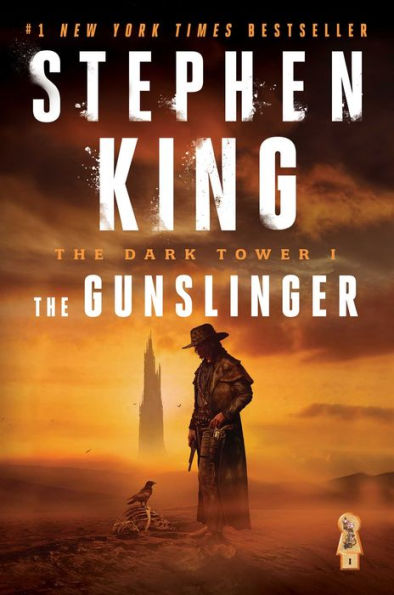

The Dark Tower 1: The Gunslinger
The Stand
While a solid argument can be made that Stephen King really hit his stride with ‘Salem’s Lot and The Shining, when most people think Stephen King, they think of The Stand. While it’s easy to think of this 1,000 page doorstop as simply a horror, let’s be honest, the actual scares are few and far between. The meat of The Stand is two-fold: 1) you have post-apocalyptic trappings set against the backdrop of plague-ravaged world, and 2) the fantastical struggle between good and evil at its center. While it may be King’s best known novel, The Stand sits fairly firmly on the sci-fi and fantasy end of the post-apocalyptic spectrum. The Stand follows an eclectic group of survivors spread across two factions—one good, one evil—in the aftermath of a catastrophic pandemic that wipes out most of the world’s population. As the two factions struggle to rebuild their differing views of society, they are drawn inexorably drawn toward a climactic confrontation.
Buy the Book
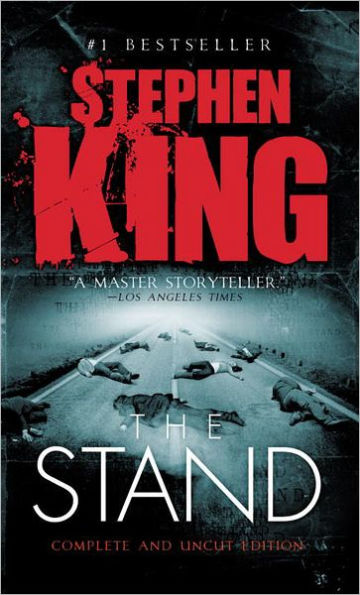

The Stand
The Long Walk (as Richard Bachman)
The Long Walk was the second of Stephen King’s so-called Bachman Books—the infamous first, Rage, was taken out of print at King’s request due to its potential influence on school shooters. Set against the backdrop of a near-future, dystopian America, The Long Walk follows a teenager named Ray Garraty who joins a grueling event simply called the Walk for a chance at a potentially life-winning prize.
Buy the Book
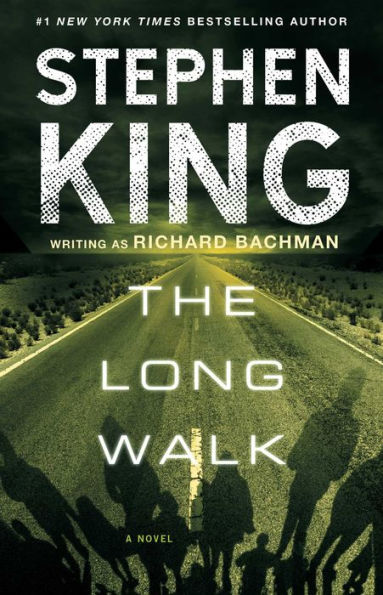

The Long Walk
Firestarter
I recently reread Firestarter for the first time since high school and couldn’t help but wonder how this one was ever considered horror. The novel centers around a young girl named Charlie who inherits pyrokinetic abilities from her parents, who themselves gained telekinetic and telepathic abilities after being experimented on by a shady government outfit known as the Shop. When the Shop learns of Charlie’s abilities, they unsuccessfully attempt to kidnap her and kill her mother in the process. Firestarter opens with Charlie and her father on the run from the organization and staying just barely a step ahead. Unfortunately, the walls are beginning to close in. There’s nothing paranormal or supernatural at play—just the classic sci-fi staple of science gone awry.
Buy the Book
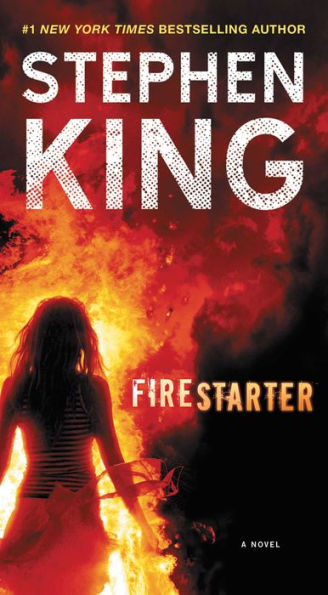

Firestarter
The Talisman (with Peter Straub)
The Talisman, written with fellow horror icon Peter Straub, is pure dark fantasy and like The Gunslinger before it, is one of King’s early forays into the concept of parallel fantasy worlds. In this case, a young boy named Jack Sawyer must make his way simultaneously across the US and a twisted parallel world known as the Territories, where time and distance work differently, to locate a mysterious talisman and save his mother. While in some ways, the Territories mirror our own world, it is more akin to a dark mythic world populated by werewolves, grotesque mutants, and fairytale queens. Truthfully, it’s not the best from either writer, but for a more fantastical introduction to Stephen King, it certainly fits the bill.
Buy the Book
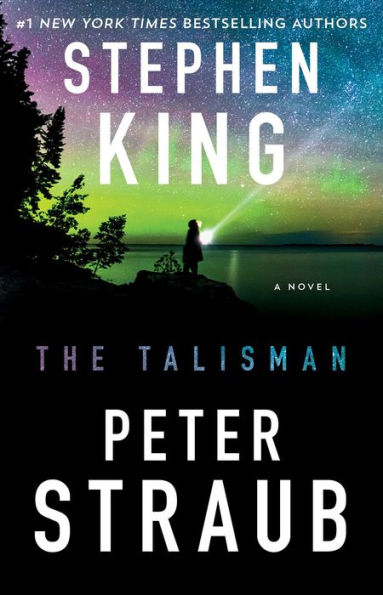

The Talisman
Black House (with Peter Straub)
While like The Stand, Black House skews more toward horror than anything on this list, it’s one you’ll want to take a look at it after picking up The Talisman. This slice of dark fantasy is somewhat more grounded, but continues the story of Jack Sawyer, now a celebrated detective with the LAPD and no memory of his childhood exploits in the territories. Here, a series of grisly murders in a sleepy Wisconsin town inevitably draws Jack back into the Territories, the twisted and potentially deadly realm from his childhood.
Buy the Book
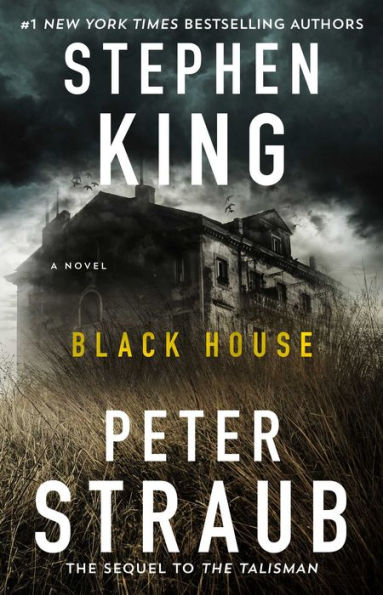

Black House
The Eyes of the Dragon
Other than The Dark Tower cycle, The Eyes of the Dragon is unquestionably King’s most traditional foray into fantasy. The Eyes of the Dragon arrived near the end of Stephen King’s real boom period and just before the lean years that followed The Tommyknockers. As such, this epic fantasy of two princes staving off the devious machinations of a court magician was not particularly well-received by King fans at the time. It more or less entirely eschews the horror aspects that he was so well known for to chart a course into traditional fantasy tropes, from the reluctant hero to the devious court magician and the pseudo-medieval European setting. King doesn’t exactly reinvent the wheel in any sense here, but he does ensure that the wheel rolls along quite well. Given that it was conceived as a bedtime story for his children, its clear that The Eyes of the Dragon was a labor of love and, when viewed through that prism, has its charms. It skews more Young Adult than anything else in the King canon as well, but it is a well-hewn, if predictable adventure that shows fantasy is indeed in King’s wheelhouse.
Buy the Book
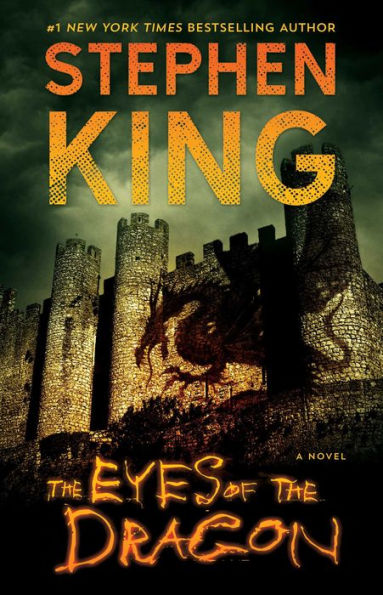

The Eyes of the Dragon
11/22/63
Stephen King’s time travel/alternative history epic features some of the best writing he’s ever done. It’s a well conceived, bittersweet rumination on unintended consequences, nostalgia, and how moments of cultural significance ripple outward. As is often the case with King, he takes his time getting from point a to b, but the journey here is a particularly satisfying one as we venture along with English teacher Jake Epping, for better or worse, into one of the defining moments of the 20th century.
Buy the Book
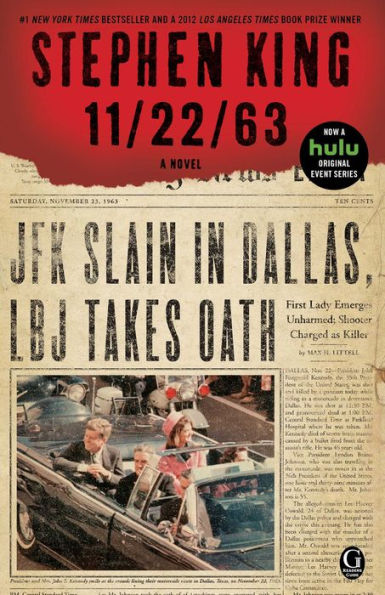

11/22/63
The Institute
Stephen King’s latest is a dose of pure sci-fi. In many ways, it reads like a spiritual successor to Firestarter. The two do cover a fair amount of the same narrative territory—kids with psychic abilities, shadowy government organizations, the often-monstrous nature of humanity under the guise of the greater good. I also can’t help but wonder whether the titular Institute is, itself, an off-shoot of the Shop? Regardless, this tale of kidnapped children and telekinesis is an intriguing sci-fi thriller that raises some big questions—which it admittedly doesn’t really answer—and makes for an entertaining read.
Buy the Book


The Institute
Keith is a freelance writer residing in Philadelphia with his lovely, if oft exasperated wife, son and three cats. When not writing about books and movies, Keith tries to be optimistic about humanity—he usually fails. He generally has opinions, sometimes he shares them on Twitter @keith_rice1.










